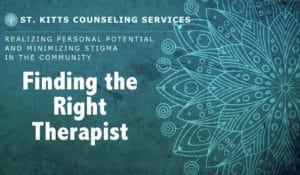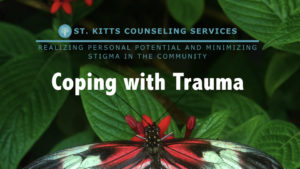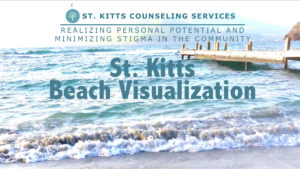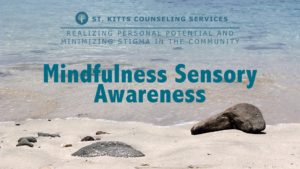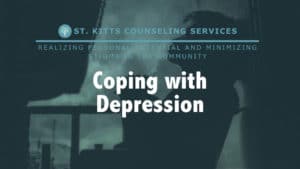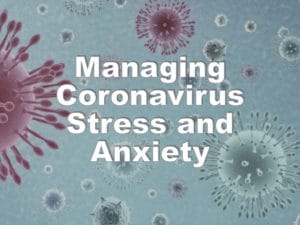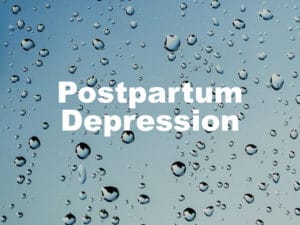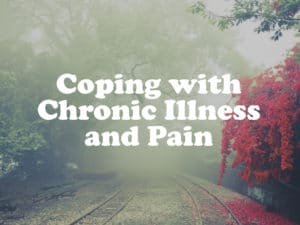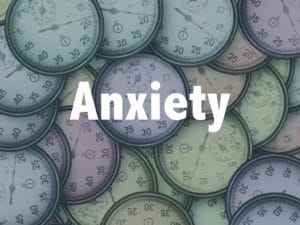
Suicide is a global health problem that impacts our whole community. The effects go beyond the individual who takes their life. Long-term impact can be felt on family, friends, colleagues, schoolmates, schools, and workplaces. Likewise, prevention of suicide occurs on many levels: on the individual level, in families, with friends, in schools, the workplace, the community, and in larger society.
Global rates of suicide
The World Health Organization estimates that approximately 800,000 people die each year from suicide, or approximately one person every 40 seconds.
Non-Latin Caribbean rate of suicide
In non-Latin Caribbean, the age-adjusted rate of suicide is 6.4 per 100,000 in the population.
Attempted suicide
We know that suicide attempts are 10-20 times more common than completed suicides.
Age and suicide
Although suicide can occur at any time in the lifespan, globally, suicide is the second leading cause of death among 15-29 year olds, and those aged 70+ years have the highest rate of suicide.
Gender and suicide
Death from suicide is higher in men than in women, but women report more suicide attempts.
Primary care and suicide
Up to 45% of individuals who die by suicide have visited their primary care physician within a month of their death.
Suicide is a problem that we all can help by reducing risk factors, increasing protective factors, recognizing warning signs when they are present, and talking openly about suicide with those we are concerned about.
Risk Factors for Suicide
Although we all struggle with difficulties, those who take their life feel so much pain and hopelessness that they don’t see any other way out. As every person is different, so is every suicide different.
It is important to keep in mind that people of all ages, genders and ethnicities can take their life; however, some factors can place one at a higher risk. A combination of personal, social, community and societal risk factors can increase the likelihood of death by suicide.
Major risk factors for suicide include:
- Previous suicide attempt(s)
- Family history of suicide or suicidal behavior
- Exposure to other suicides
- Self-injury (without intent to die)
- History of mental health difficulties, particularly depression and other mood difficulties
- Family history of child maltreatment
- Misuse and abuse of alcohol or other drugs
- Feelings of hopelessness
- Low self-esteem
- Loneliness or social isolation
- Impulsive tendencies
- Aggressive/violent behavior
- Loss (relational, social, work, or financial)
- Chronic physical illness or disability
- Easy access to lethal methods
- Limited access to mental health treatment
- Unwillingness to seek help because of the stigma attached to mental health
- Cultural and religious beliefs (e.g., belief that suicide is noble resolution of a personal problem)
Protective Factors for Suicide
Protective personal, social, societal and cultural factors can buffer against risk of suicide, including:
- Effective and easy access to clinical care for mental, physical, and substance abuse difficulties
- Support for help seeking
- Connection to family and community support
- Strong problem solving and coping skills
- Cultural and religious beliefs that discourage suicide
Warning Signs of Suicide
Very sadly, there are not always clear, observable warning signs to help us to know that somebody will take their life; however, many times there are warning signs. The following can be signs that somebody is considering suicide and should be taken very seriously:
- Talking about wanting to die, or wanting to kill themselves
- Talking about feeling empty, trapped, hopeless, having no reason to live, or that there are no solutions
- Talking about being a burden to others
- Planning for means to kill themselves, or looking for information about how to kill themselves
- Feeling unbearable pain, physical or emotional
- Feeling worthlessness, self-hatred, strong guilt or shame
- Using alcohol or drugs more often
- Acting anxious or agitated
- Withdrawing from family and friends
- Changes in sleeping or eating patterns
- Showing extreme anger, or talking about seeking revenge
- Extreme mood swings, like great sadness followed by calmness
- Taking risks that could lead to death
- Getting life affairs in order, such as giving away important possessions, or making death arrangements
- Saying goodbye to people, or unusual visits and calls to people
Myths About Suicide
People threaten suicide to get attention and don’t really mean it: Not true. Suicidal thoughts or behaviors are an extreme sign of distress, and they need to be taken very seriously. These types of thoughts and behaviors are not a normal response to stress, can warn us that somebody is at considerable risk of suicide, and should never be ignored.
Asking somebody about suicide will put the thought into their head, and will make them more likely to kill themselves: Not true. Many studies have shown that asking about suicide does not increase the risk that somebody will kill themselves. In fact, the opposite is true. We know that asking very directly if somebody is having thoughts about suicide helps to best identify a person at risk of suicide so that they can get help. Showing you care by asking about suicide can help somebody to feel less lonely, allow that person an opportunity to release painful emotions, and save a life.
Anybody who talks about suicide or takes their own life is crazy: Not true. Thoughts about suicide are not uncommon, and most suicidal people are not psychotic or insane. Suicidal people are hopeless, experiencing extreme distress, and do not see another way out.
Speak Up, Reach Out!
Tips for talking about suicide
Talking about suicide can seem scary for many. It is helpful to start discussions by saying:
- Recently I have noticed some changes in you and I'm concerned. How are you doing?
- I have noticed that you haven't been yourself and want to check in with you.
You can also ask questions such as:
- When did you start to feel this way?
- I want to be able to help you and you are not alone. How can I help you?
- Has anything happened that has lead you to feel this way?
- Have you thought about getting help?
- Do you have any thoughts of hurting yourself?
It can also help to share that:
- You are not alone and I am here for you.
- It may not seem like this right now, but this feeling will get better.
- I may not know exactly what you are feeling right now, but I will be with you as you go through this.
- Remain calm
- Speak in a nonjudgmental way
- Listen
- Be yourself
- Be sympathetic
- Offer hope and support
- Take the person seriously
- Argue or disagree with the person
- Act shocked
- Try to fix their problems
- Blame yourself or another person
- Promise that you won't tell anybody (as in order to get this person help, you may need to)
Next Step, Act quickly!!
If you know somebody who is showing warning signs of suicide, especially new signs, get help as quickly as possible:
- Do not leave that person alone
- If the risk of suicide is immediate, call 911 or take that person to the emergency room immediately
- Inform a trusted person who is in a position to help
- Remove all lethal objects from the home
- Stay in contact with the person
What to do if you are having thoughts of suicide
If you are having thoughts of hurting yourself, get help quickly. Know that good treatments are available to help you.
Although sometimes we don’t talk to physicians about mental health, they can help through support, evaluation and sometimes medication. Physicians can also refer you to a mental health professional specially trained to help those with suicidal thoughts or behaviors.
Seek help from a trained mental health provider. Dr. Pereira of St. Kitts Counseling Services is a good resource for this option. Dr. Pereira provides evidence-based therapies like cognitive-behavioral therapy to help those experiencing suicidal thoughts or behaviors.
Contact Dr. Pereira
Contact Dr. Pereira at (869) 668-4646 to discuss your difficulties or to schedule an appointment. Call today to get started feeling better.
Talking to trusted loved ones, or a spiritual leader can also be helpful.
Whatever option you choose, don’t wait!!
See also Coping with Depression and Postpartum Depression.
Additional resources
- U.S. National Suicide Prevention Lifeline (24/7): 1-800-273-TALK (8255)
- U.S. National Hopeline Network, Suicide & Crisis Hotline: 1-800-442-HOPE (4673)

